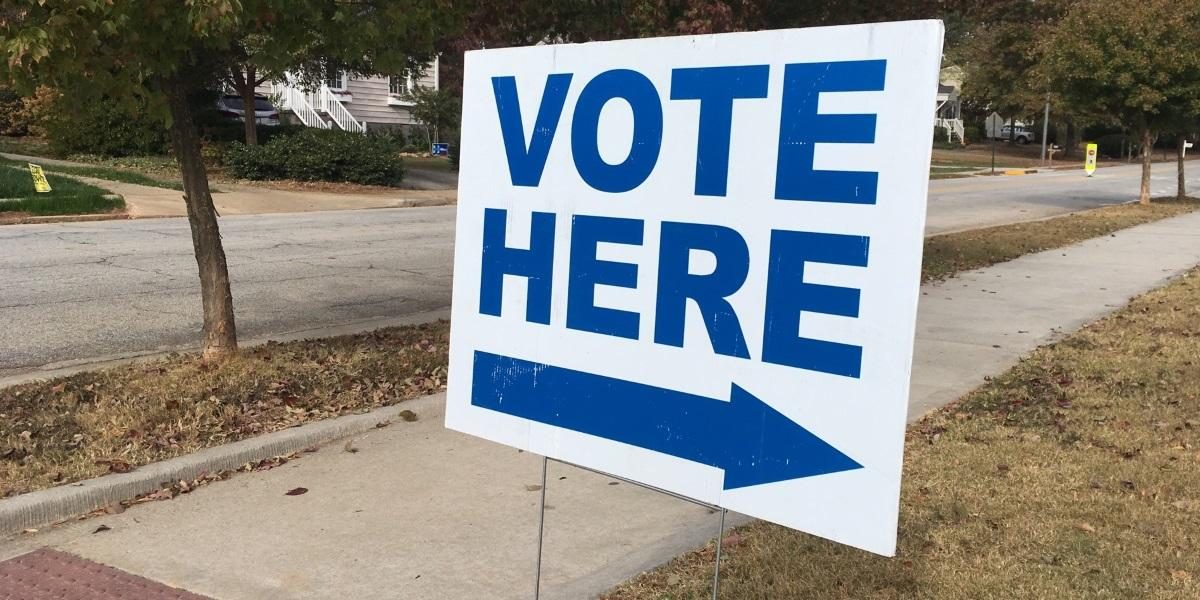Had it not been for a surge in Asian American and Pacific Islander voters, President Joe Biden may not have carried Georgia, and Republicans would still control the U.S. Senate, according to a new analysis from the AAPI Victory Fund, a political action committee that supports Democrats.
Its analysis of 2020 voter data shows Asian Americans and Pacific Islanders showed up in record numbers across the country, and Varun Nikore, executive director of the AAPI Victory Fund, argues they helped Democrats win the White House.
“We barely won this election were it not for 81,139 votes in four states,” he said.
“All of the amazing progress that President Biden has made in these close to 100 days would not have existed had it not been directly for the AAPI vote in this election,” he said.
His group’s analysis shows that the votes from Asian Americans and Pacific Islanders increased last year by 45% from the 2016 election, and in Georgia, that number grew by 84%.
And because of the slim victory margin in Georgia of .2%, the surge mattered, said Tom Bonier, who analyzed the data.
“So you can undoubtedly say if this AAPI surge in turnout had not happened in Georgia, Joe Biden would not have won Georgia,” Bonier said.
And, according to Bonier, Georgia’s two senators would not be Democrats, as the surge continued through the January runoffs. The sharp gains in Asian American voters were concentrated in Fulton, DeKalb, Fayette, Clayton Forsyth and Gwinnett counties.
State Rep. Bee Nguyen said Asian American Democratic politicians have made gains among immigrant voters in recent years because of an intensive ground game that started in 2016 with a district in Gwinnett County where Democrat Sam Park flipped a Republican seat there.
“We were talking to voters who had never been talked to at the door through a canvassing program using language canvassers in Korean, in Vietnamese, in Spanish, in Chinese, in Hindi,” Nguyen said.
It’s the kind of election work Varun Nikore says the AAPI Victory Fund wants to invest in because the surge in Asian American voter turnout may not last.
“There was not much expected of our community in 2020, and we over-delivered. And yes, a large part of it was related to Donald Trump,” he said.
And Trump will not be on the ballot in the 2022 midterm elections, which Nikore says may make it harder to get Asian Americans and Pacific Islanders to the polls.









